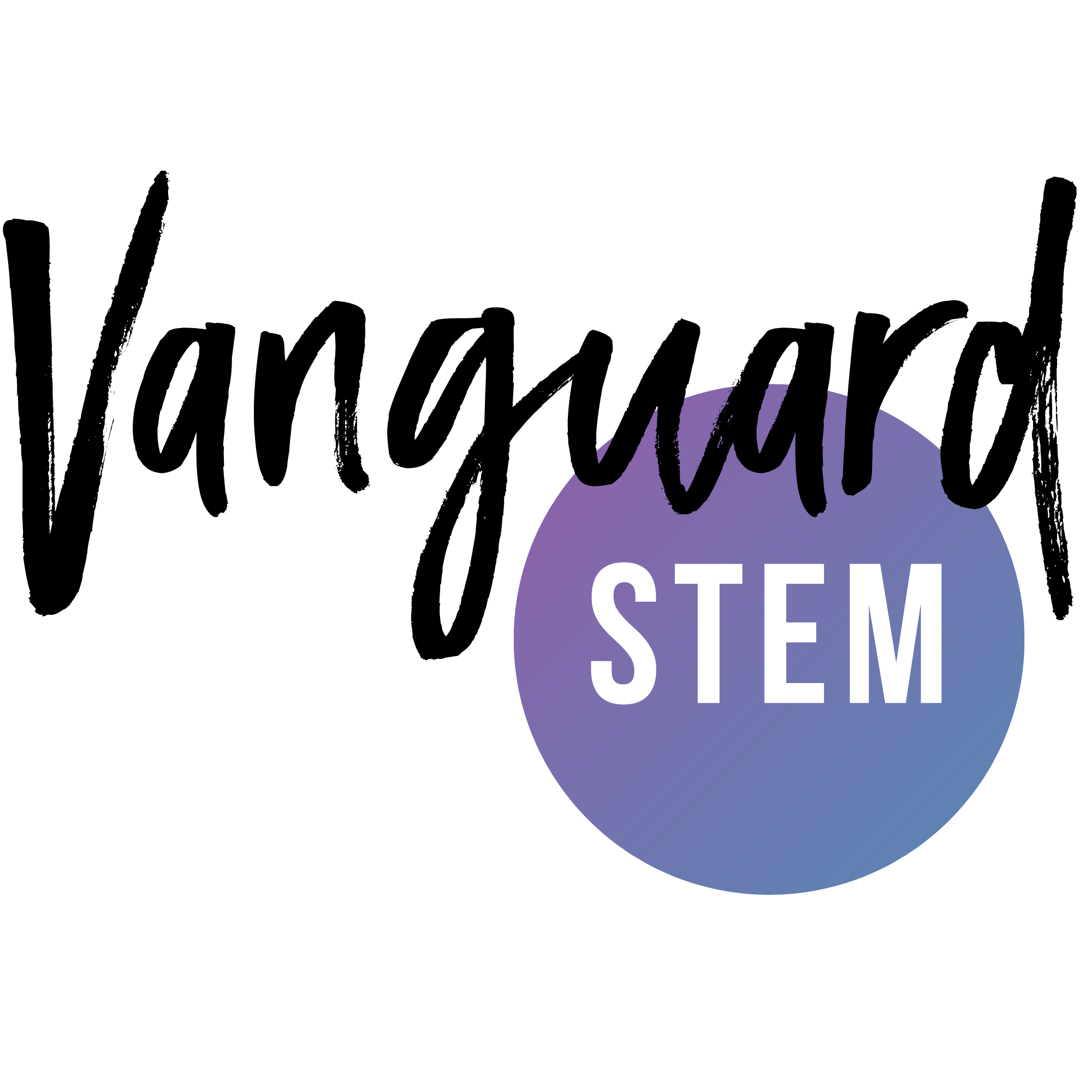This week’s #WCWinSTEM, Rina Wehbe, is a researcher, tinkerer and life-long learner. Her goals are to be open, creative and kind.
Compiled by Léolène Carrington, Ph.D.
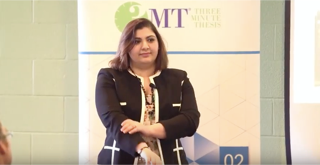
We’re so excited to feature Rina and to hear all about the ways she’s using computer science to make the world a better place. Responses may be edited for clarity and brevity.
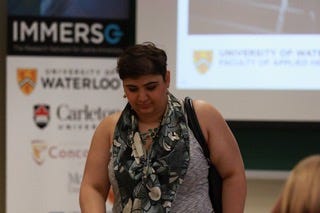
Where/when did you go to school?
- B.Sc. Psychology, Faculty of Health, York University, Canada
- M.Sc. Computer Science, University of Ontario Institute of Technology, Canada
- Ph.D. Computer Science (in progress), Cheriton School of Computer Science, Faculty of Mathematics, University of Waterloo, Canada
What do you do right now?
I’m currently working on a Ph.D. in Computer Science at the Cheriton School of Computer Science, University of Waterloo in Canada. My research is in the space of Human Computer Interaction (HCI) and Games User Research (GUR). I study the comprehension of people using computer applications, points of confusion and the difficulty a user might face in both productivity applications, as well as entertainment technology. I also have a soft spot for studying affective computing and human attachment to digital objects and characters. Furthermore, I design and research Games for Change, a topic I adore for its ability to prove that anyone can make a difference in the world.
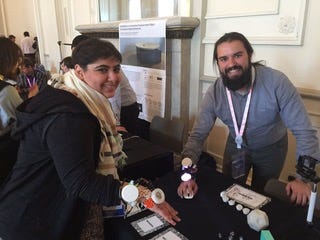
What made you choose your STEM discipline in the first place?
Curiosity. Following my interests lead me to first pursue higher education. I have an interdisciplinary approach to research because of my interdisciplinary background. Beginning as a Health Psychology student and transferring to Computer Science helped me explore new topics and ideas.
What’s one piece of advice you wish you had when you started your STEM journey?
“You must be the change you wish to see in the world.”
Mahatma Gandhi
Do you have any woman of color in STEM sheros? Who and why?
Yes. There are many brave women in history in STEM and in the arts. I believe anyone would find a hero amongst them if they took the time to read their about their journeys and listen to their stories. Whether we seek our inspiration from scientists like Mary Jackson, Katherine Johnson and Dorothy Vaughan, identify with Dr. Carys Massarella, or are fans of the Lady Ada Lovelace herself,
there are many women and non-binary people throughout history to be celebrated.
What else are you passionate about?
I love to engage in the creation, the active thought and reflection surrounding art. Art gives humans a way to think outside the box and remember to have fun. Art is different for everyone, it can be looking at a famous painting such as the Persistence of Memory, or it can be in the enjoyment of a game, e.g. Journey.

Why do you think it’s important to highlight women of color in STEM?
It is an unfortunate truth that women are given less privilege, this is amplified further for women of colour, add an LGBT2Q++ label and you complete the triple threat. As someone who identifies with these labels, I can attest to the challenges. It is also a truth that diversity leads to divergent thinking; therefore it is in humanity’s best interest to celebrate that which makes us unique and which allows us to have a different perspective on a persistent problem.
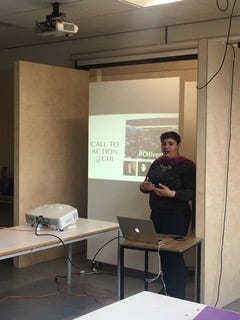
Are there institutions, groups or organizations you would like to give a shoutout?
I am affiliated with:
Cheriton School of Computer Science
HCI Games Group
University of Waterloo
The Games Institute
Thank you to NSERC, Cheriton School of Computer Science, Immerse, SSHRC for funding my research.
You can find Rina on Twitter: @rinarene , LinkedIn. Also check out her website for talks she has given. Here is the video for her three minute thesis on: “Evaluating social and cognitive effects of video games using electroencephalography.”
